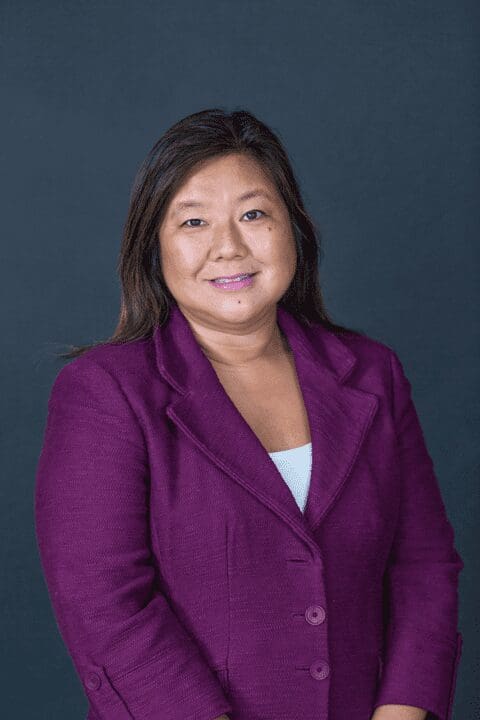Councilwoman Margaret Abe-Koga makes a pitch for UBI using stimulus funds
By: Kevin Forestieri
Calling it the right time to test the waters on an increasingly popular idea, the Mountain View City Council agreed this week to pilot a universal basic income (UBI) program for residents in the city.
The proposal, which still needs formal approval next month, would put $1 million in federal stimulus money into a small-scale UBI program that follows in the footsteps of cities across the country, including Stockton and more recently South San Francisco.
Participants will receive monthly payments with no strings attached, giving them complete autonomy over how to spend the government assistance.
UBI programs typically last one to two years, granting a pool of residents anywhere from $500 to over $1,000 in monthly checks. Early results show the extra income has the potential to stabilize families barely scraping by, and lift people out of poverty in the long term. Results are mixed on whether UBI has the power to reduce unemployment, with some studies finding disappointing results.
Councilwoman Margaret Abe-Koga, who made the pitch, said UBI programs now have a track record of success across the country, and that it would be the quickest, most direct way to stabilize families in need. Unlike other government assistance, which is typically restricted to narrow uses, Abe-Koga said recipients would be empowered to make their own decisions on how to spend the money and best meet their own needs.
“I really believe that direct financial assistance is one of the fastest ways and one of the better ways to be able to help those who are struggling or who need a little extra help,” she said.
A well-publicized UBI pilot in Stockton released a report in March that found participants experienced less volatility in their month-to-month income, were more likely to find work and were generally happier and showed less signs of depression and anxiety. Though larger cities are more likely to experiment with UBI, Abe-Koga noted that South San Francisco — a touch smaller than Mountain View — is moving forward with a pilot of its own this year.
Though city officials plan to seek philanthropic and corporate donations to fuel Mountain View’s UBI program, the council’s initial proposal is to pour $1 million into the pilot using money from the American Rescue Plan Act (ARPA), the $1.9 trillion stimulus package passed by Congress last month. The group Mayors for a Guaranteed Income commended the bill for putting $1,400 in the pockets of needy families, but cautioned that real economic relief hinges on recurring payments rather than one-time money.
“Our constituents, and all struggling Americans, need monthly cash infusions for real relief,” according to a statement from the group.
With Mountain View’s city budget mostly balanced, the ARPA stimulus money is free to go toward new programs and COVID-19 financial assistance rather than backfilling deficit spending. Abe-Koga said she has been eyeing federal funds as a means to pay for UBI since the first rounds of CARES Act money last year, but the city ultimately opted to use the money for rent relief.
The latest round of money seems like the right time to pursue a UBI pilot in the city, Abe-Koga said, though she believes the concept goes beyond pandemic relief and could be a longer-term solution for financially unstable residents.
“For me this has really been part of our overall efforts to address the challenges of affordability,” she said. “It feels like a more successful approach to help people better their situations and lives.”
The nuts and bolts of the program have yet to be determined.
If the program has to be funded solely through ARPA money, Abe-Koga said it makes sense to do $500 monthly checks for the participants over the course of one year.
The experiment in Stockton gave 125 residents $500 in monthly checks over the course of 24 months, while Santa Clara County’s ongoing pilot is giving $1,000 monthly checks to 72 people who have aged out of the foster youth system.
Abe-Koga said her preference is to limit the program to lower-income families, which could mirror affordable housing requirements.
When the pitch for UBI came up at the Tuesday, April 27, council meeting, some council members worried about committing $1 million to a pilot without knowing much in the way of details and logistics, including who would be responsible for administering the program. But with so many comparable programs being developed across the U.S. right now, Abe-Koga said she isn’t concerned about coming up with something that works.
“I have faith in our staff that we will be able to come up with a strong program,” she said. “Sometimes you just have to try something to see if it works or not.”




















